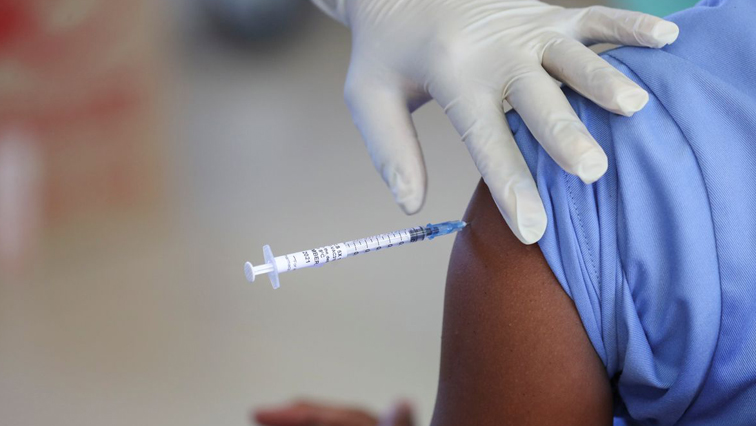Poor communication in raising awareness about COVID-19 vaccines is driving vaccination hesitancy.
Government has set a target of administering at least a million doses every three days. However, the numbers are dropping to below 200 000, despite the governments efforts to have more people inoculated by adding more vaccination sites.
Only a small number of the over 35 age group is going for their jabs and the government is trying to raise awareness around the vaccines.
The Government Communication and Information System (GCIS) together with the National Press Club (NPC) and the Health Products Regulatory Authority (HPRA), hosted a webinar to educate the public on vaccine safety on Wednesday.
During the webinar GCIS Acting DG Michael Currin said, “Every single folk I have spoken with at a restaurant or petrol station says I do not want to take it, I do not know what’s inside. And it allows you the opportunity not to be informed. So we do need to be those facilitators.”
“It took a long time for South Africans to be on a different page around HIV/AIDS. We are only 18 months into this and the kind of awareness that we are doing shows that we can do more,” says Currin.
WEBINAR: COVID-19 vaccine safety in South Africa
Government hopes to have vaccinated at least 28 million people by the end of 2021, however, such a target may be impossible to reach.
So far, 4 million people have been fully vaccinated which is around 11 percent of the country’s population. And only 10 million people have received their first jabs.
Health Journalist Pontsho Pilane says there is a need for people to be given all the information that they would like to know in their home languages.
Pilane says, “When we talk about vaccine hesitancy, we need to understand that when information is not available in accessible words, for example, we are having this webinar in English. And of course, we can say that English is a universal language. However, that means that there’s segments of communities and societies that we are leaving out.”
This week, the South African Medical Association (SAMA) stressed that misinformation, anti-vaccination propaganda, and fears of side effects are slowing down the vaccination rollout.
National Immunisation Safety Expert, Hannelie Meyer, says it is true that there may be problems with people suffering from certain chronic ailments, but there’s no scientific evidence to say the vaccine causes death.
Meyer says, “it is possible it could happen after vaccination and if it does, there could also be the presence of other conditions. For example, diabetic people and amongst diabetic people the risk is very high. So if those two are present at the same time, then there would not be evidence that it is caused by the vaccine.”
Next month will see the Health Department extend vaccinations to those 18 and older.
More cases of COVID-19 vaccine-related deaths are being investigated:
Vaccine acceptance report below:






